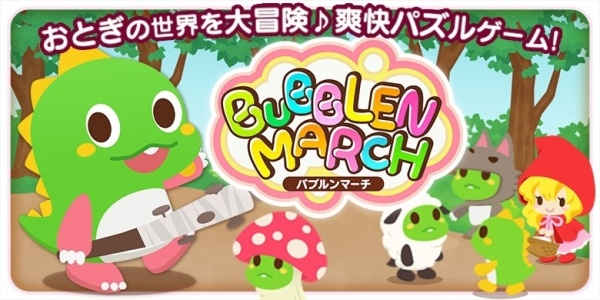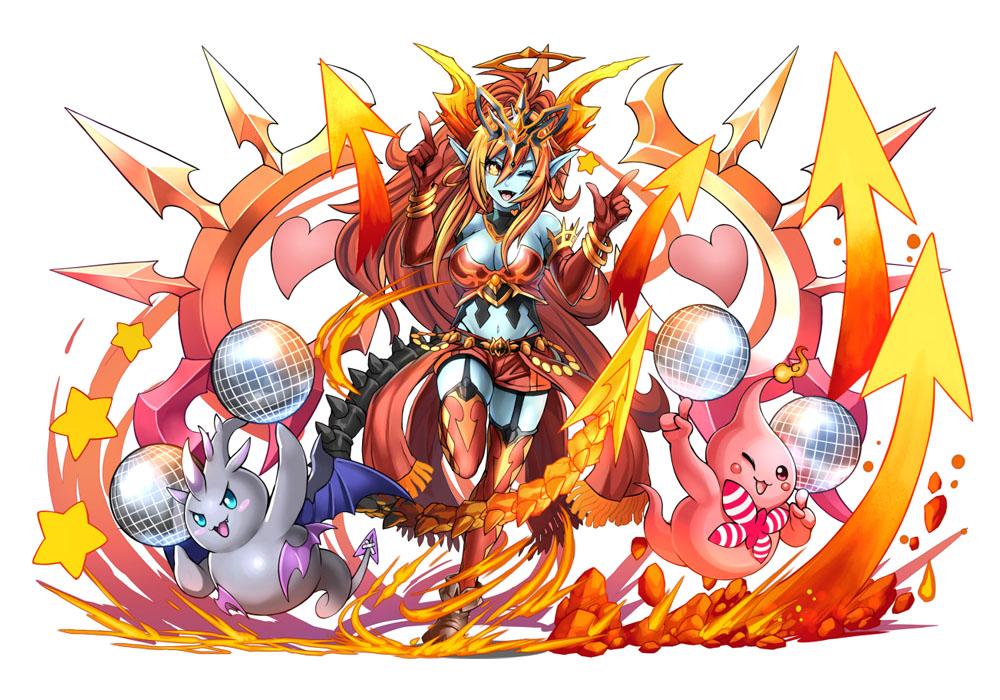My dear sister recently moved into a new job out of the country, and bequeathed unto me her iPhone. Up until that point, I’d been using Android phones, and while I still prefer the Android OS as a whole, one of the big things that iOS offers is ease of switching between music/app store territories. Just make a new Apple ID account, throw in a random overseas address, and BAM! You have a new account in whatever country you please, and can download pretty much anything from their stores. Actually paying for said apps and music is another story, since you’ll need someone to buy you iTunes cards from that territory, but there’s still ample free apps for you to grab if you don’t want to go through the trouble.
As we’re well aware, Japan’s mobile gaming industry has eagerly embraced the free-to-play model, and being the brave soul that I am, I’m trying to wade through that muck in the iOS app store and see if any free-to-play spinoffs of beloved franchises getting are actually worth a damn. Yes, a lot of free-to-play games are garbage, and I say that having defended the model as not completely terrible: It’s all about implementing it correctly, in a way that makes the player feel satisfied, not strongarmed, to spend money on a service. Taito’s shown that they can do that well with Groove Coaster Zero, a fantastic free-to-play music game that offers numerous tracks as paid expansions. I’d recently seen a few of their upcoming mobile game announcements: a Wizardry roguelike, Arkanoid vs. Space Invaders (it kills me that this isn’t out yet), and a match-3 puzzler called Bubblen March. Being the Bubble Bobble nerd that I am, Bubblen March immediately caught my attention, and it wasn’t long before it was sitting on my iPhone’s app set.
I’ve been playing for a couple weeks now, and my feelings towards Bubblen March are… complicated, to say the least.



